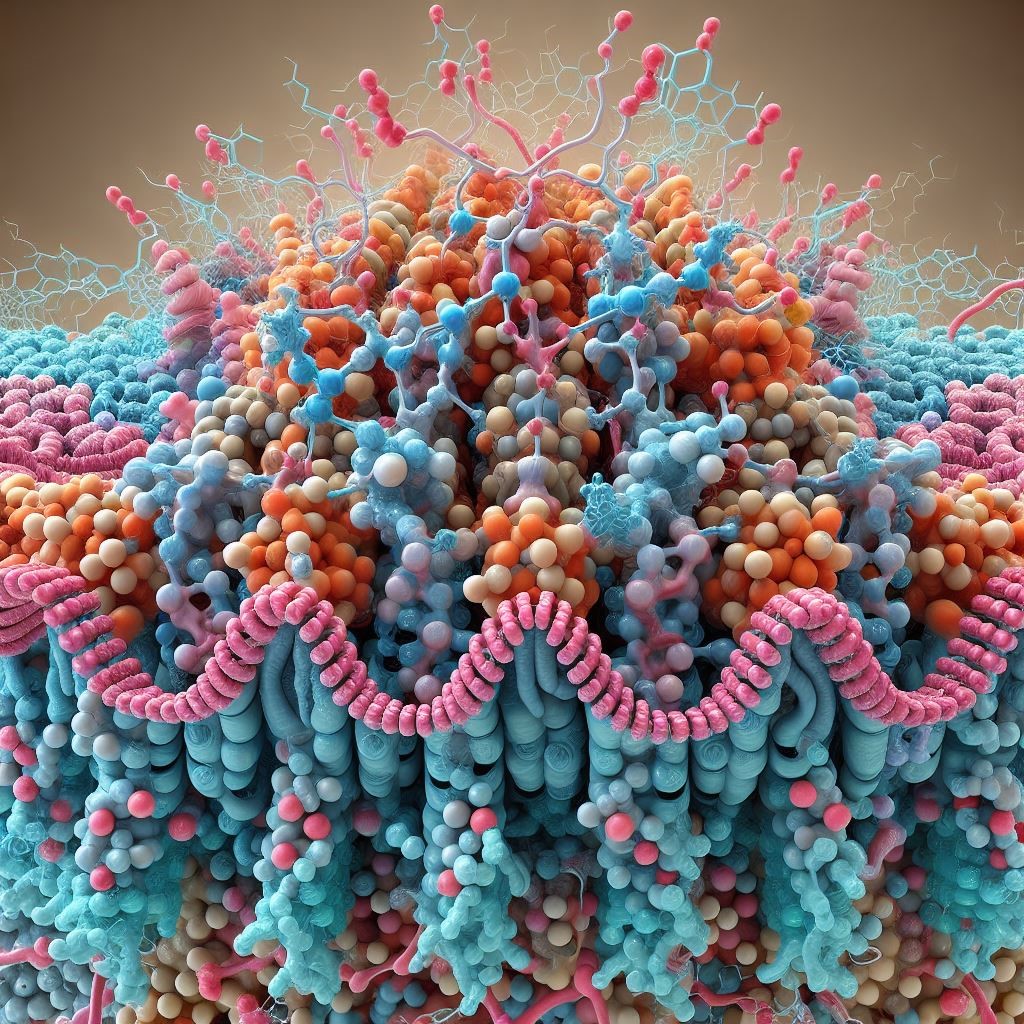Bladder cancer presents a significant healthcare challenge, particularly non-muscle invasive bladder cancer (NMIBC), which can be challenging to treat effectively. The recent approval of nogapendekin alfa inbakicept-pmln (Anktiva, Altor BioScience, LLC) by the Food and Drug Administration (FDA) offers a promising new option for adult patients with BCG-unresponsive NMIBC with carcinoma in situ (CIS) with or without papillary tumors.

Image Source: Vinoth Khandelwal
The mechanism of action of nogapendekin alfa inbakicept-pmln (interleukin-15 receptor agonist, IL-15) involves its interaction with the immune system, enhancing the body’s ability to target and eliminate cancerous cells within the bladder. Nogapendekin alfa inbakicept-pmln is administered intravesically and has shown efficacy in inducing complete response (CR) in patients with BCG-unresponsive NMIBC. The recommended dosage and administration regimen aim to maximize therapeutic benefit while minimizing adverse effects.
The efficacy of nogapendekin alfa inbakicept-pmln was assessed in a single-arm, multicenter trial (QUILT-3.032, NCT0302285) involving 77 patients with BCG-unresponsive NMIBC. The trial demonstrated favorable outcomes in terms of CR rates and duration of response. Common adverse reactions to Anktiva include increased creatinine, dysuria, hematuria, urinary frequency, and urinary tract infections. Healthcare professionals should be vigilant for these adverse events and manage them appropriately.
The approval of nogapendekin alfa inbakicept-pmln represents a significant advancement in the treatment landscape for BCG-unresponsive NMIBC. Its efficacy and safety profile, supported by clinical trial data, offer hope for improved outcomes and quality of life for patients facing this challenging disease. Healthcare professionals should familiarize themselves with the prescribing information and consider Anktiva as a valuable option for eligible patients. Additionally, the expedited review process and breakthrough designation underscore the FDA’s recognition of the urgent need for effective therapies in this patient population.
Dr. Vinoth Khandelwal, Ph.D,



